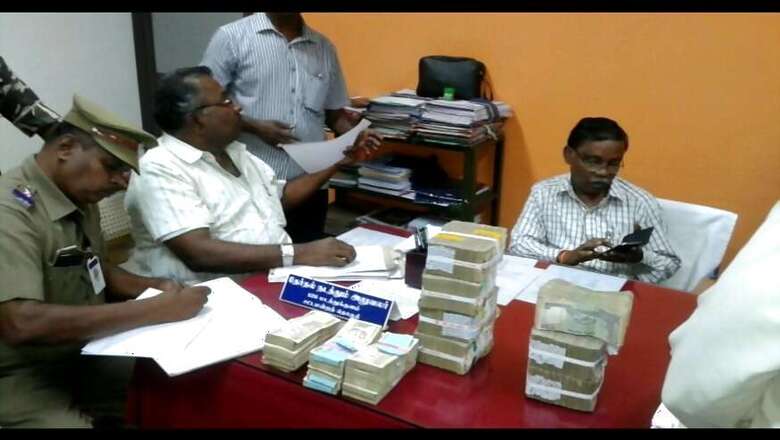
views
New Delhi: Top government sources have told News18 that the next step after demonetisation is a crackdown on benami properties as part of a series of measures by the Narendra Modi government to rein in the black money economy.
But how easy is it to identify such transactions for the purpose of prosecution? Not very, tax experts and economists told News18.
“It could possibly mean tax terrorism of the worst kind,” Pronab Sen, a former Secretary of the Statistics and Planning Ministry and current head of the International Growth Centre’s India programme, said.
“The tax man will check all legit and non-legitimate transactions in the search for benami properties,” he added.
For instance, a person who wants to transfer black money into property but wishes to remain anonymous can buy property and get it registered in the name of one of his family members, retainers or friends.
How will the government crackdown on benami properties? For this, it would have to cast its dragnet wide. It’s quite possible that tax officials will ask people, some of whom may have legitimately purchased property for their aged parents or children, to justify transactions.
In other words, for every 100 people caught in the tax dragnet, possibly a small percentage would be benami properties.
There is a law called Benami Transactions (Prohibition) Act, 1988 that was replaced with a new one called The Benami Transactions (Prohibition) Amendment Act, 2016 which came into force on November 1 of this year.
According to the provisions of the law, a benami property is anything that doesn’t adhere to the following criteria:
- Property held in the name of a spouse or child for which the amount is paid out of known sources of income
- A jointly held property with siblings or other relatives for which the amount is paid out of known sources of income
- Property held by someone in a fiduciary capacity
Everything else will be investigated accordingly.
Vishwa Bandhu Gupta, a former income tax commissioner, said that proving a benami property is very difficult.
“It will be very difficult to prove which properties are benami if they have been registered before the demonetisation scheme was announced,” he said.
“The tax department will have to go case by case and they will need a database that lists benami properties,” he added.
Gupta further said that the tax department doesn’t have the resources to launch a mass crackdown on benami properties.
Many Indian politicians have had such ‘disproportionate source of income’ cases filed against them. Most recently Tamil Nadu Chief Minister J Jayalalithaa was acquitted by the Karnataka High Court, in a case that dragged on for 20 years.
















Comments
0 comment